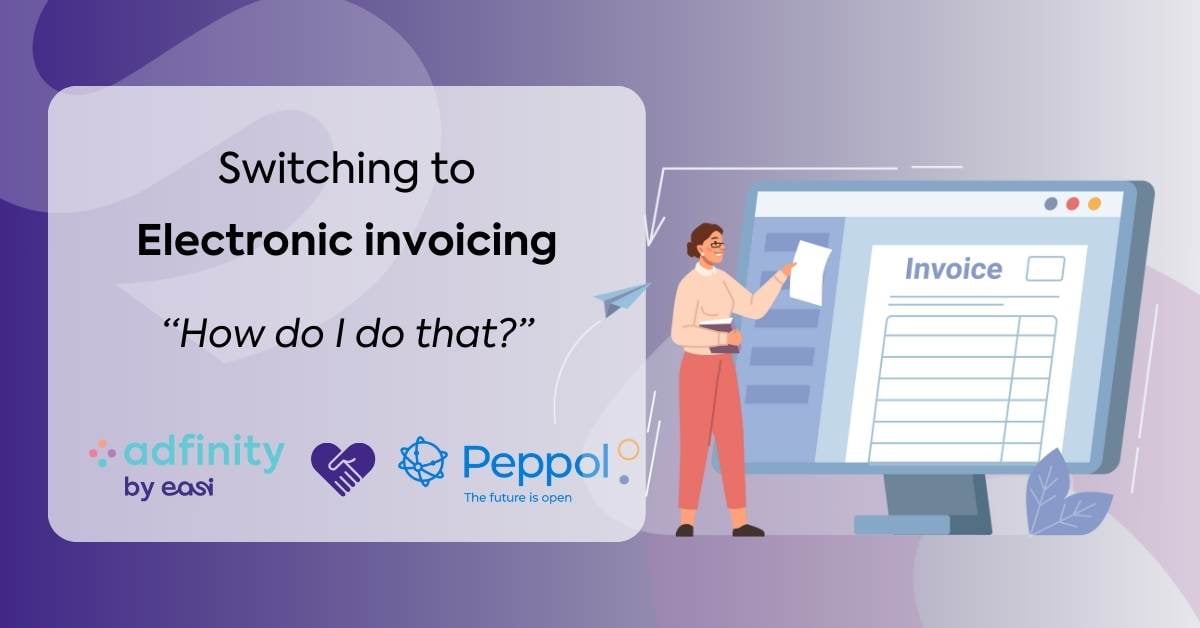Are you looking for useful negotiating tips? I have listed 4 for you in this blog article. Happy reading.
Article en français - Artikel in het Nederlands
Negotiating a sales contract is a crucial moment that requires finesse and professionalism. Fortunately, anyone can become a good negotiator! All you need to know are a few tips and tricks. We have listed four of them in this article to help you reach your goal: selling!
No selling without preparation
This may not be the case for you, but many salespeople come light-heartedly to the negotiation table. And yet, only with good preparation can a salesperson put all the chances on his or her side.
Indeed, if you do not manage to arrive sufficiently prepared (unlike the other party), you will immediately find yourself in a position of disadvantage and you will appear unprofessional.
Often considered a formality, a poor preparation can be the element that can make you miss a sale. To avoid this, here are 3 questions to ask yourself.
- Who are the different actors involved?
Who will you negotiate with? Find out who will be present on the day of the negotiations. Then find out about their needs and objectives. You should also find out about any competitors. Knowing what they can offer will allow you to better prepare your arguments beforehand.
- What are your goals?
What would you like to achieve? Don't settle for vague objectives, such as "I want to sell more to this client". Be specific! For example, use quantified objectives: "This quarter, I want to increase my sales by 15% with this client".
- What are your arguments?
What arguments and tools will you use? To put you in an advantageous position, don't hesitate to present concrete elements. Think about customer testimonials, sales graphs, etc.
In fact, a good sales negotiation is prepared " backwards ". First, ask yourself how you think it will unfold so you can better prepare your arguments. Of course, even if everything is not predictable, improvisation has no place in a negotiation.
Negotiating is not a battle
It is not wise to defend and camp at any cost on your positions. If you state your arguments based solely on the benefits YOU hope to gain from this negotiation, without worrying about the other party, you will quickly notice that the negotiations will get bogged down, and you may end up in an impasse.
"Each party must be able to clearly articulate its interests so that they can be heard and reach consensus."
Active listening and empathy are valuable skills, because they allow us to understand the other person's vision and therefore better hear - and understand - their arguments.
A good negotiator will therefore favor a win-win approach for all parties. By establishing a relationship based on trust and mutual understanding, clients will come back and hopefully recommend you to others.
Make the offer first
In sales negotiations, making the first offer is a good thing. It anchors the discussion that follows and can have a powerful impact on the final outcome. Opening offers also influence the offers made by the other party. In other words, if you open first, the other party's counteroffer will be strongly influenced by yours.
When making a first offer, keep these three points in mind:
- No one accepts the first offer. So make sure you have some leeway.
- Don't make a scandalous opening offer in the hope of gaining dominance. It can backfire and create a chilling effect. That is, the other party loses all motivation to continue negotiating.
- Your offer must be equal or close to what you believe to be the BATNA (best alternative to a negotiated agreement) of the other party.
Think about these 2 effective techniques of persuasion
Knowing how our brain works and how we reason can help you negotiate better. Here are 2 effective techniques to try during your next negotiation meeting.
- Focus on losses rather than gains
It has been proven that we are instinctively more motivated to avoid losses than to make gains. Therefore, when presenting one of your products, present it as a way to avoid losses (e.g. loss of money), rather than as a way to gain something.
- Divide your price concessions
An experiment has shown that we prefer to earn money in several installments. For example, finding 2 days in a row a 10 euro bill, rather than once a 20 euro bill. Conversely, we prefer to lose a 20 euro bill once, rather than 2 10 euro bills twice.
Thus, during the commercial negotiation process, if you are required to make a price concession, it may be wise to divide it into two or more smaller concessions. However, when asking for a price concession, try to make one request rather than two or more smaller concessions.
Good luck!
Keep these tips in mind, and you will see that, in the long run, the way you negotiate has a definite influence on the outcome of your negotiations.






